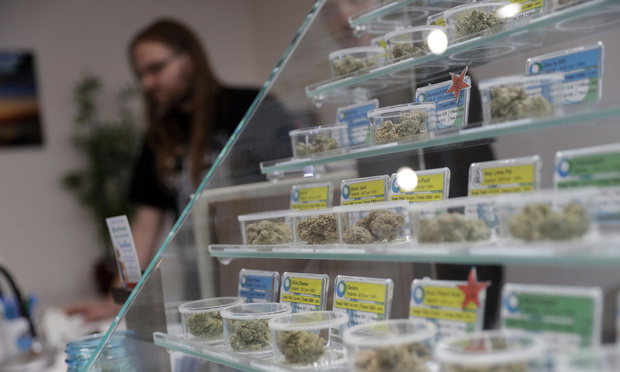Attorney General Jeff Sessions last month directed individual U.S. attorneys to follow “the well-established principles that govern all federal prosecutions” when deciding whether to prosecute marijuana-related crimes, effectively removing policy statements that discouraged the prosecution of marijuana businesses that were operating consistent with state law and not interfering with federal law enforcement priorities. Under the new guidance, prosecutors are directed to treat federal marijuana crimes like any other crimes, and make charging and resource-allocation decisions based on considerations such as “federal law enforcement priorities set by the Attorney General, the seriousness of the crime, the deterrent effect of criminal prosecution, and the cumulative impact of particular crimes on the community.”
Sessions’s memorandum explicitly rescinds five policy statements written between 2009 and 2014—the most significant of which were two memoranda from James M. Cole, deputy attorney general in the Obama administration. The first, from Aug. 29, 2013, deprioritized the prosecution of marijuana-related businesses that did not interfere with specific federal narcotics enforcement priorities. That memorandum stated that, outside of the enumerated priorities, the DOJ has traditionally left enforcement of marijuana-related crimes to state and local authorities and that states that have legalized marijuana in some form “must provide the necessary resources and demonstrate the willingness to enforce their laws and regulations in a manner that ensures they do not undermine federal enforcement priorities.” Cole’s Feb. 14, 2014 memorandum provided similar guidance to U.S. Attorneys with respect to certain financial crimes, such as money laundering and violations of the unlicensed money remitter statute or Bank Secrecy Act, for which marijuana-related conduct can form the basis for prosecution. While the Controlled Substances Act, which makes it illegal to “manufacture, distribute, or dispense, or possess with intent to manufacture, distribute, or dispense” marijuana, remained the law of the land, these Obama-era directives gave marijuana-related industries some comfort where the substance had been sanctioned by state law.


 In this Dec. 29, 2017, photo, various kinds of marijuana strains are displayed at the KindPeoples dispensary in Santa Cruz, California. (AP Photo/Marcio Jose Sanchez)
In this Dec. 29, 2017, photo, various kinds of marijuana strains are displayed at the KindPeoples dispensary in Santa Cruz, California. (AP Photo/Marcio Jose Sanchez)

